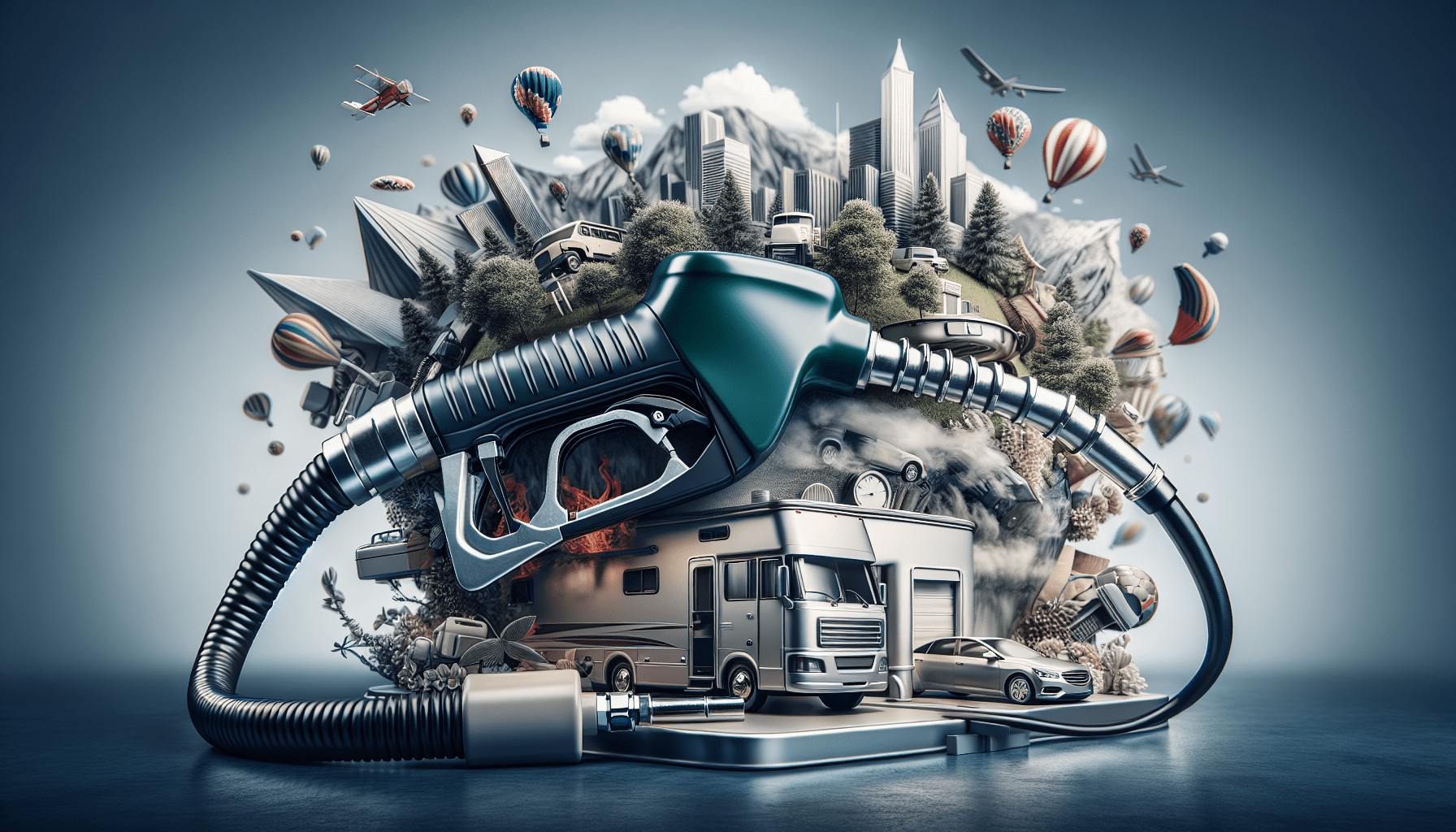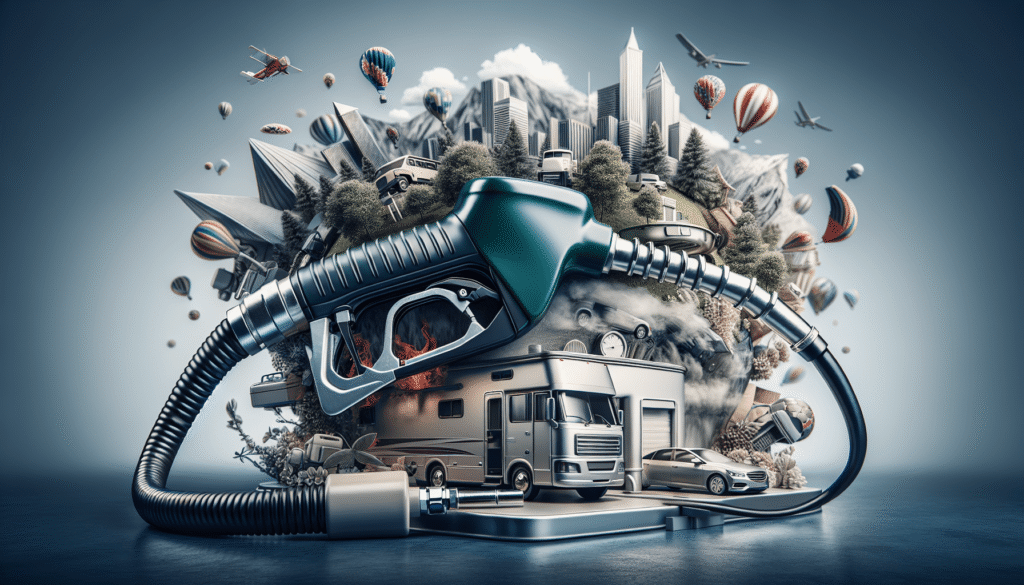Your cart is currently empty!

What Are The Hidden Costs Of RV Travel?
RV travel can be a great way to explore the open road and see new places. But along with the upfront costs of purchasing an RV, there are also some hidden costs that you may not have considered. In this article, we will break down some of the hidden costs of RV travel that you should be aware of before hitting the road.
Maintenance and Repair Costs
One of the most significant hidden costs of RV travel is the maintenance and repair expenses that come with it. Just like any vehicle, an RV requires regular maintenance to keep it running smoothly. From oil changes to tire rotations, these costs can quickly add up. In addition, if something goes wrong with your RV, repairs can be costly, especially if you have to take it to a specialized RV mechanic.
Insurance Costs
Another hidden cost of RV travel is the insurance costs associated with it. RV insurance is typically more expensive than regular car insurance due to the higher value of the vehicle and the increased risk of accidents or damage. It’s essential to shop around for the best insurance rates and compare policies to ensure you’re getting the best coverage for your needs.
Fuel Costs
Driving an RV can be much more expensive than driving a regular car due to the increased fuel consumption. RVs are not known for their fuel efficiency, especially when towing a trailer or driving long distances. Before embarking on an RV trip, make sure to budget for the extra fuel costs that come with driving a larger vehicle.

SimpleSimonTravel.com offers more help.
Campground Fees
When traveling in an RV, you’ll need to stay at campgrounds along the way. While some campgrounds offer free or low-cost overnight parking, many popular campgrounds charge nightly fees for hookups and amenities. These fees can quickly add up, especially if you’re staying at campgrounds with full hookups and resort-like facilities.
Utilities
In addition to campground fees, you may also need to pay for utilities such as electricity, water, and sewage disposal while staying at a campground. Some campgrounds include these amenities in their nightly fees, while others charge extra for electricity hookups or sewage dumping. Be sure to factor in these utility costs when budgeting for your RV trip.
Depreciation
Like any vehicle, RVs depreciate in value over time. This means that the longer you own your RV, the less it will be worth. Depreciation can be a significant hidden cost of RV travel, especially if you decide to sell your RV in the future. It’s essential to consider the potential depreciation of your RV when calculating the overall cost of ownership.
Storage Costs
When you’re not using your RV, you’ll need a place to store it. Storage costs can vary depending on where you live and the type of storage facility you choose. Indoor storage facilities are typically more expensive but offer better protection from the elements. Outdoor storage facilities are usually more affordable but may expose your RV to weather damage. Be sure to factor in these storage costs when planning your RV travel budget.
Additional Equipment
In addition to the upfront cost of purchasing an RV, you may also need to buy additional equipment for your trip. This can include things like camping gear, outdoor furniture, tools, and accessories to make your RV experience more comfortable. These additional costs can quickly add up, so be sure to budget for them in advance.
Food and Supplies
While traveling in an RV, you’ll need to stock up on food and supplies for your trip. This includes groceries, toiletries, cleaning supplies, and other essential items. Depending on your travel habits, these costs can vary significantly. Be sure to budget for food and supplies when planning your RV travel budget to avoid overspending on the road.
Entertainment and Activities
Finally, entertainment and activities are an essential part of any RV trip. Whether you enjoy hiking, fishing, sightseeing, or visiting local attractions, you’ll need to budget for entertainment along the way. This can include entrance fees, tickets, tours, and other activity-related expenses. Be sure to plan ahead and research activities in advance to make the most of your RV travel experience without breaking the bank.
Overall, RV travel can be a rewarding and enjoyable experience, but it’s essential to be aware of the hidden costs that come with it. By considering maintenance and repair costs, insurance fees, fuel expenses, campground fees, utilities, depreciation, storage costs, additional equipment, food and supplies, and entertainment expenses, you can better prepare for your RV adventure and ensure a memorable trip without any unexpected financial surprises. Happy travels!